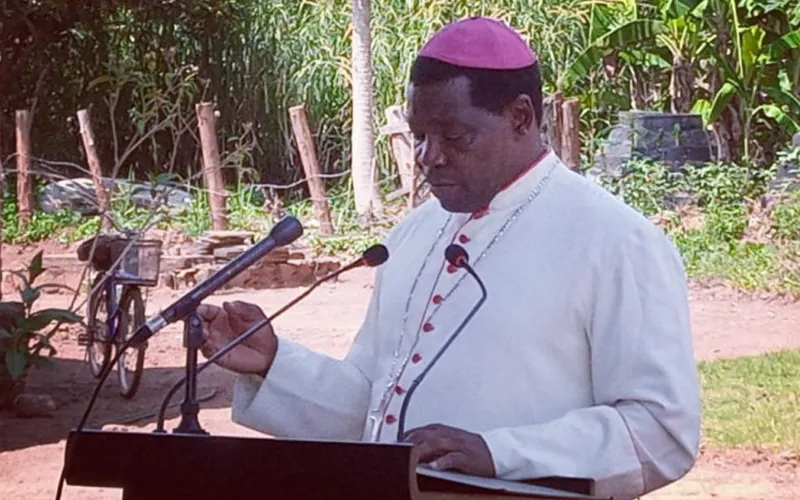Tombura-Yambio, 19 May, 2021 / 7:30 pm (ACI Africa).
The Diocesan Minor Seminary of South Sudan’s Tombura-Yambio Diocese is set to admit students who do not intend to pursue Priestly formation to study alongside Seminarians.
The Local Ordinary of the Diocese, Bishop Eduardo Hiiboro Kussala, announced the decision to admit both boys and girls at the St. Joseph’s Minor Seminary in an interview with Ruru Gene newsletter, a publication of South Sudanese Diocese.
“I am opening the doors of our (Minor) Seminary for ordinary students to study alongside our seminarians. They will follow the rules, the regulations, and the requirements that are already in place and while the seminarians will be boarding, the ordinary students will be day scholars,” Bishop Hiiboro is quoted as aying in the May 17 publication.
The South Sudanese Bishop explains, “Although a seminary is meant for seminarians and for preparing young people who desire to become Priests, our St. Joseph (Minor) Seminary is at the level of secondary school and endeavors to prepare students and make them suitable for higher learning institutions within the country, meaning that the students sit for the national examinations of this country.”
“St. Joseph Senior Seminary is situated in a very remote place where basic infrastructure is still lacking. There are no secondary schools in the area and parents usually have to take their children to town in Yambio and other places so that they can access secondary education,” Bishop Hiiboro goes on to explain.








